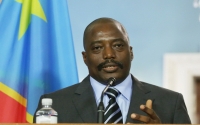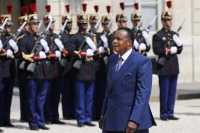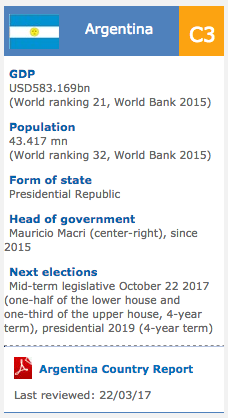Q: Can you tell us a little about iVeri and its products and services?
A: iVeri creates products that are used by banks. There are two products, the Payment Gateway that facilitates multi-channel acceptance of international and other cards at merchants, and, MicroBank which is a mobile bank branch. iVeri also has some services which we offer to our bank customers, one of which is a PCI-DSS Level One certified data centre.
Q: Who are your customers?
A: The majority of our customers are large banks although we do have one customer that is a Third Party Processor.
Q: Which countries do you operate?
A: iVeri currently has customers in South Africa, Namibia, Zimbabwe, Tanzania, Kenya, Ethiopia and Equatorial Guinea.
Q: Can you tell us more about your banking product?
A: Our recently launched mPress product addresses the payment acceptance needs of small businesses. The product combines a smartphone app with an internationally certified card reader. The audience for this product are single lane businesses (small retailers, bed and breakfasts), mobile businesses (taxis, house-to-house sales), etc.
The difference that mPress brings to these merchants is the ability to securely (Chip and PIN) accept international cards (Visa and MasterCard) at a price that is significantly lower than with a standard desktop PoS terminal. Additionally, because the transaction is processed in an App, we provide the merchant with additional services (stock capture, item pricing, etc) that were previously not available with traditional POS terminals. This technology also uses a new end-to-end encryption service.
Q: How can your product help banks increase customer acquisition and improve customer service?
A: In Africa, the majority of retailers are small. Previously they have been excluded from this market. mPress now brings this entire sector as potential customers.
Q: What infrastructure do banks need to run your product?
A: The banks need to have access to a merchant acquiring system and they need to have the necessary licenses from Visa and MasterCard. We plug into this infrastructure.
Q: How prevalent is Payment Fraud in Africa?
A: Difficult question as the issue is different from country to country. Payment rules and regulations are defined by the governments of each country and vary wildly. There are countries that mandate Chip and PIN (like Nigeria and Rwanda) and consequently have lower fraud to countries that have very little regulation where the fraud is a little higher.
However, African countries are generally very conservative and have extremely strict rules that keep the fraud levels down. This sometimes has a negative effect which can be seen when one sees how few countries have eCommerce capabilities and electronic transaction laws.
Q: During the transaction process, who is responsible for the security of the transaction? Is it the merchant? The bank? or iVeri?
A: The bank is responsible. iVeri and the Merchant have agreements with the bank which governs the usage and the procedures required, but the Bank is ultimately responsible for the integrity of the entire process.
Q: It seems that many African countries are promoting a ‘cashless society’, what does it mean and is it really possible?
A: Getting rid of cash is probably as feasible as the paperless office. The concept has been around for a long time and there may even be a reduction of paper use in the office, however, more paper is being used on the planet today than ever.
Governments are very keen to move away from cash to electronic payments as there are many advantages to them to achieve this. In Africa this is not going to happen easily and anytime soon as electronic transactions require comprehensive and cheap infrastructure to be in place. No African country is anywhere near this, although Kenya is probably the closest.
Q: There are a lot of micro-businesses in Africa that deal with low-value sales, is accepting card or mobile payment feasible for these businesses? If not, are there any solutions available for them apart from cash payment?
A: Cash will still rule in low value transactions for a long time. It is the most efficient way to performing these transactions.
Q: What is in store for iVeri in 2013?
A: We are very excited about 2013. Besides taking mPress to the market, we are also launching some new security services in the New Year. If all goes well, we will also be expanding to a few more customers.

















